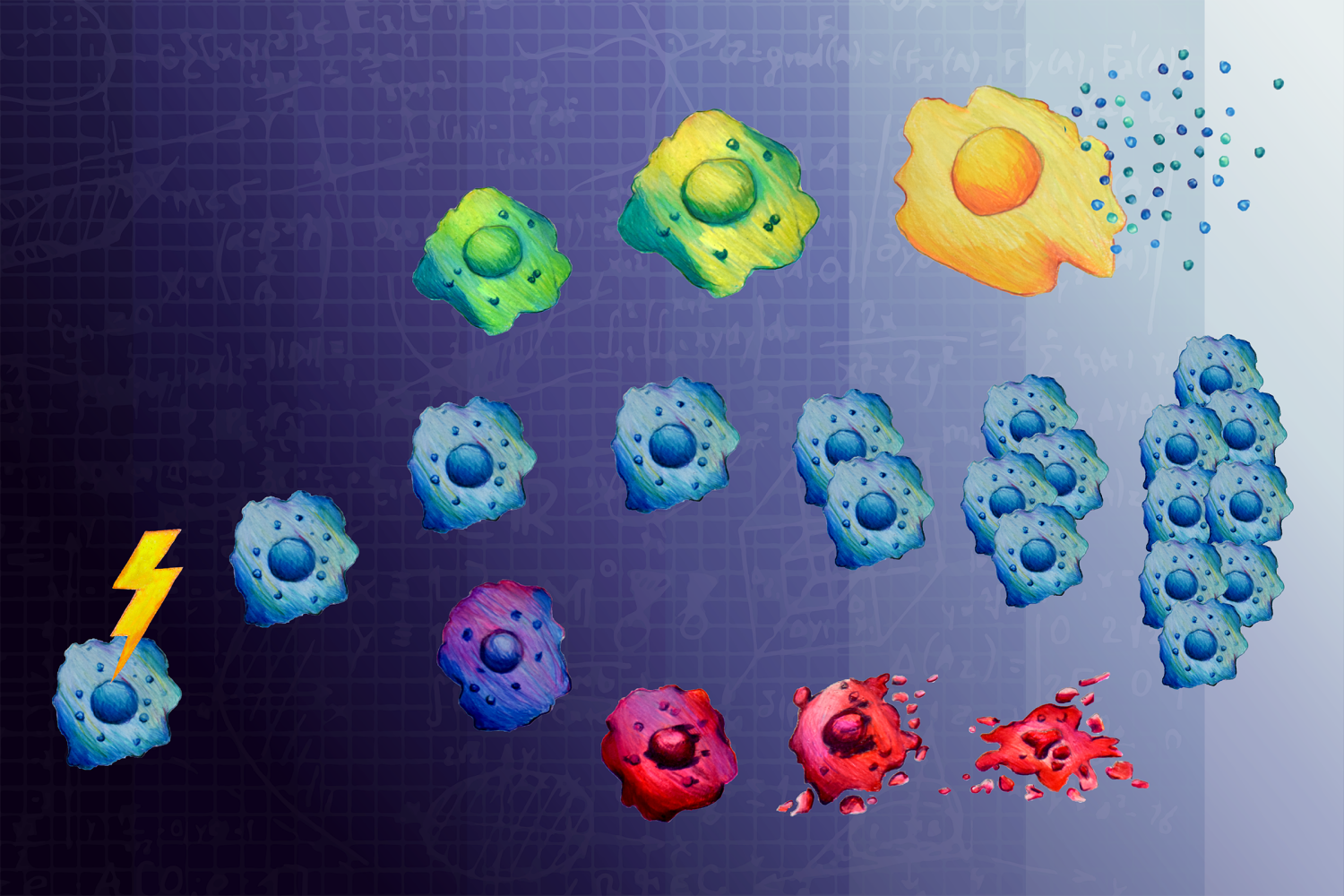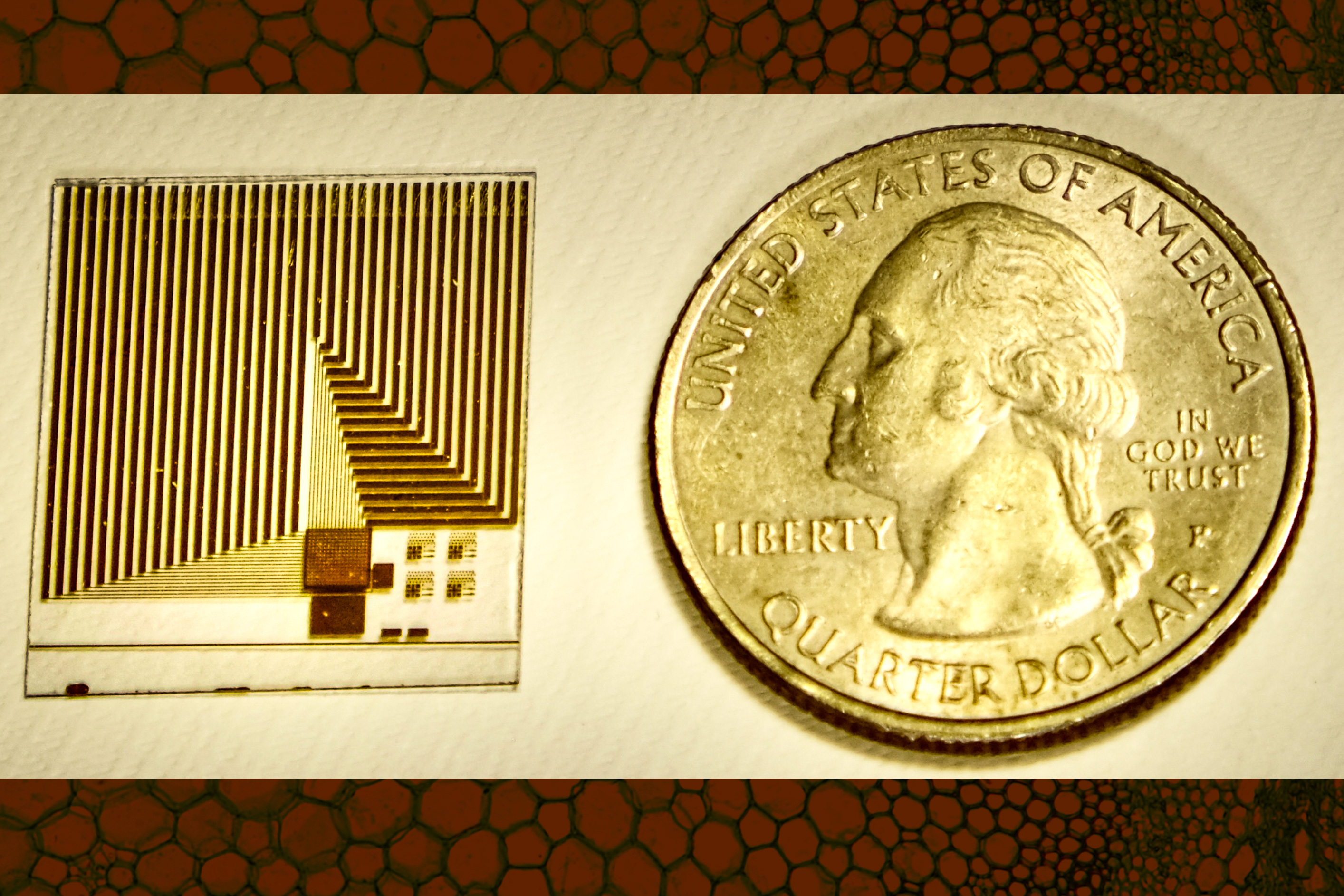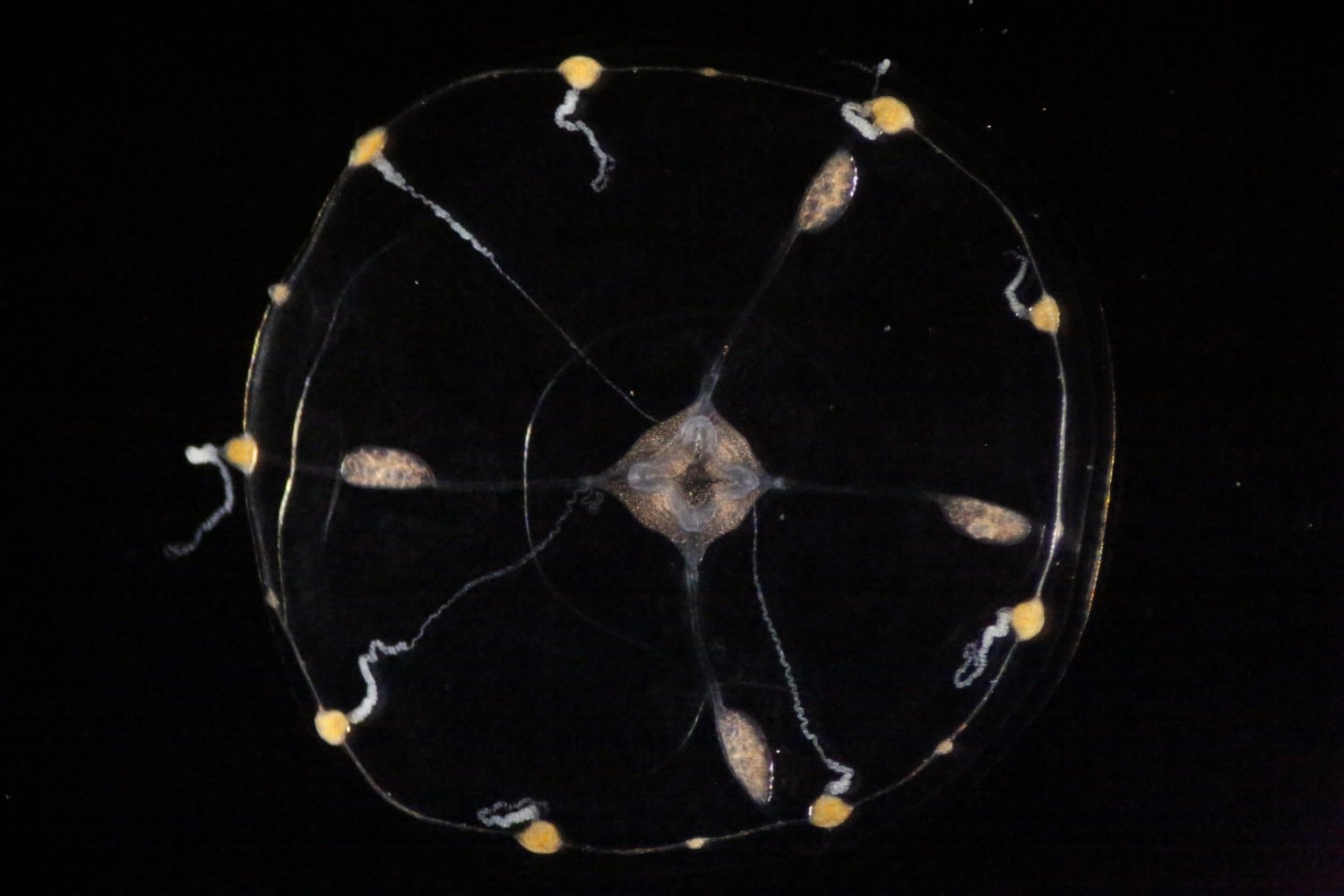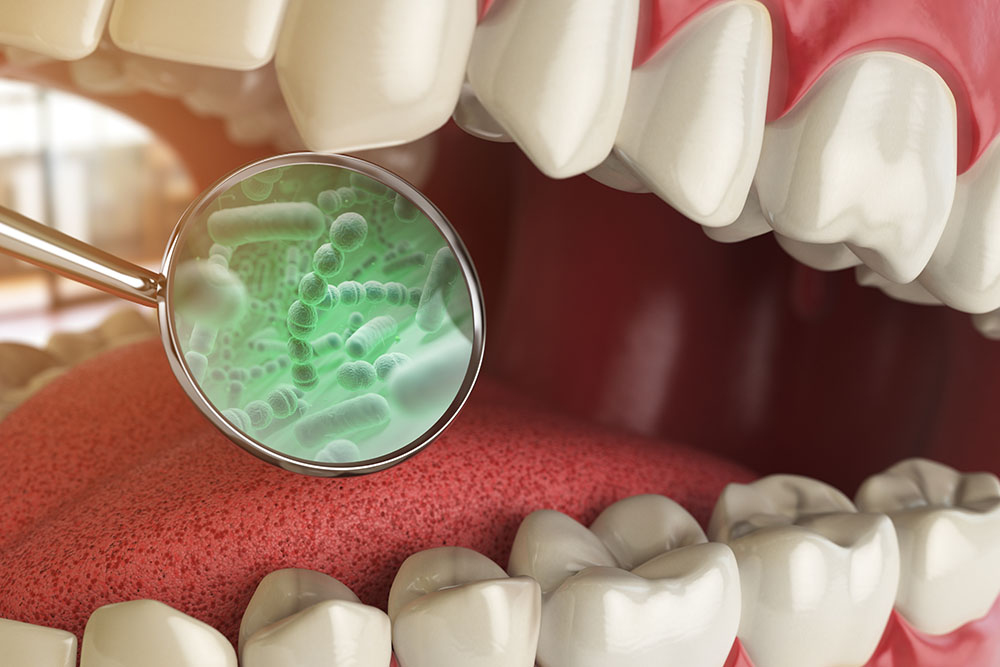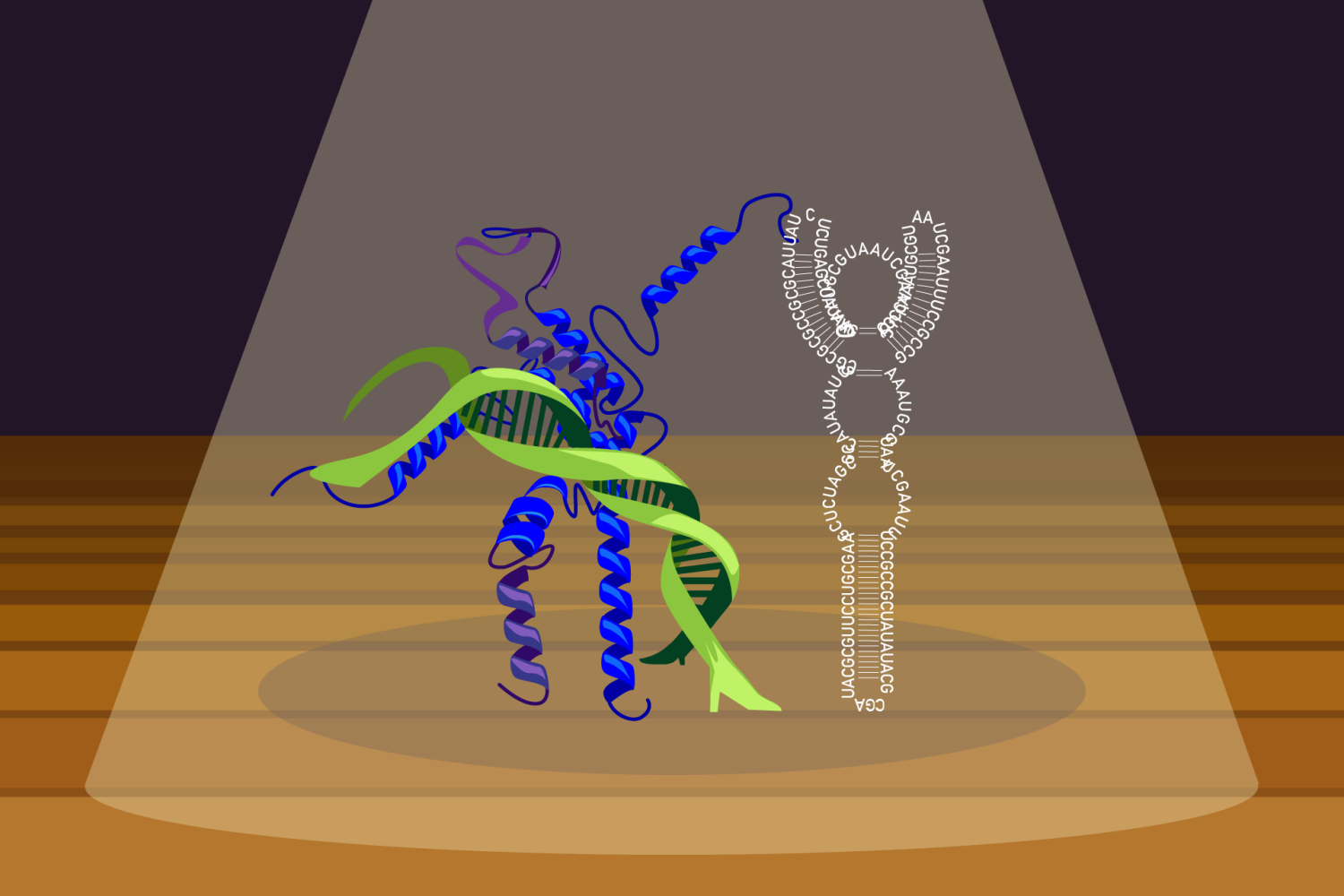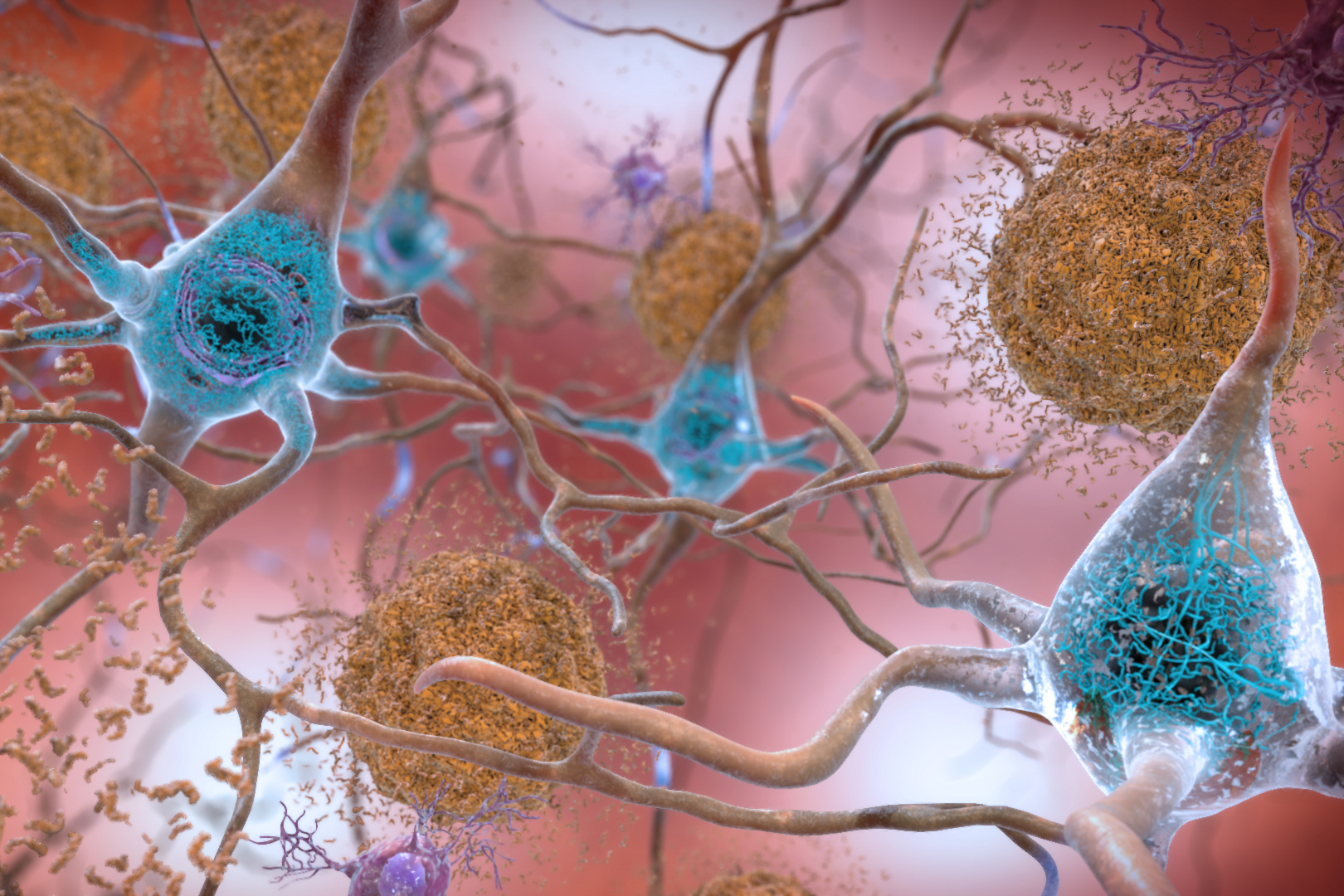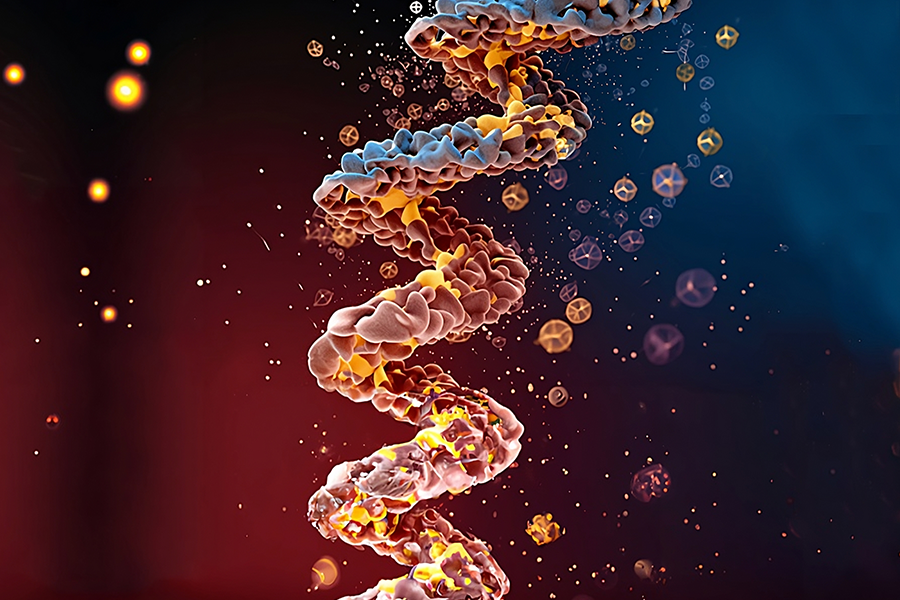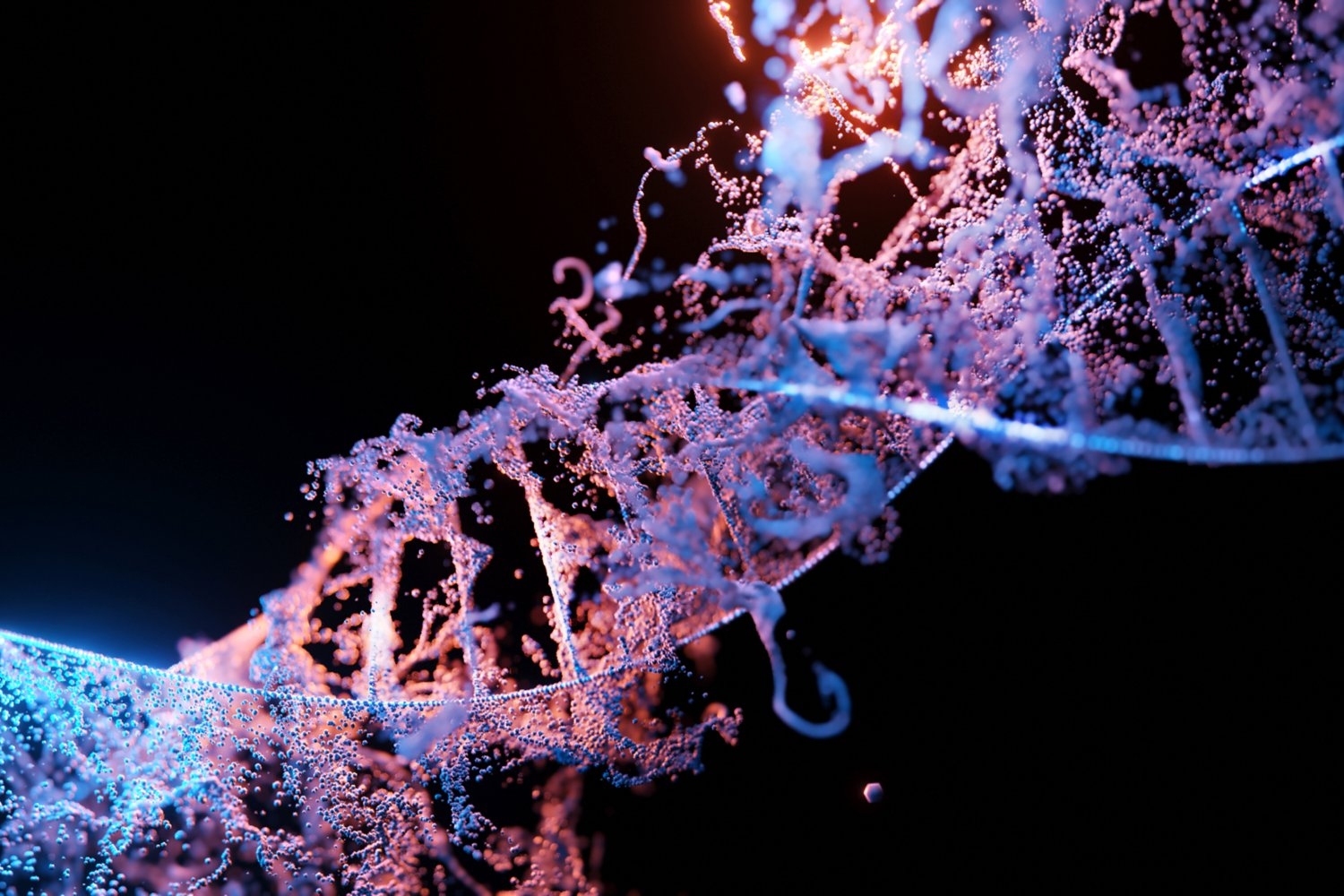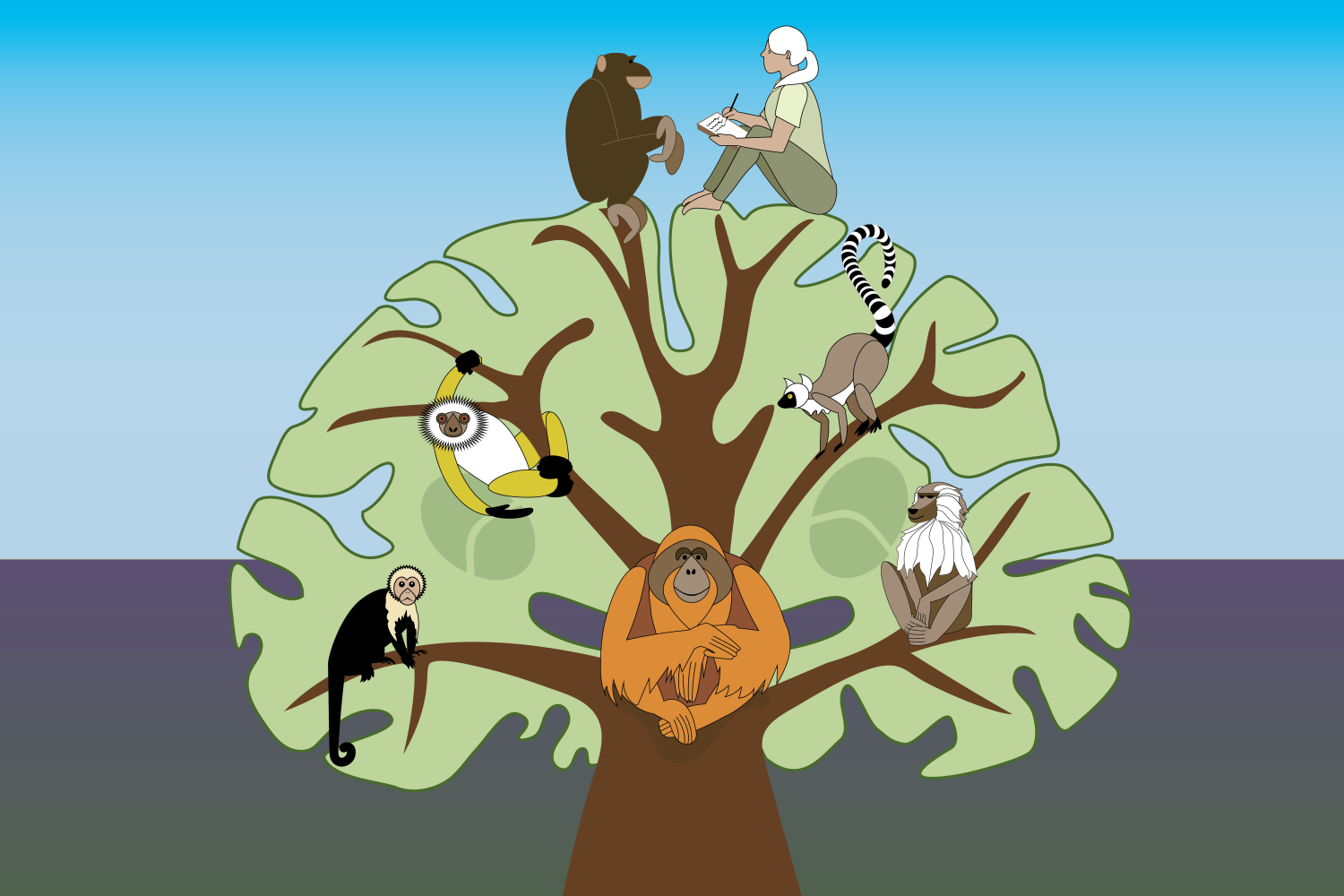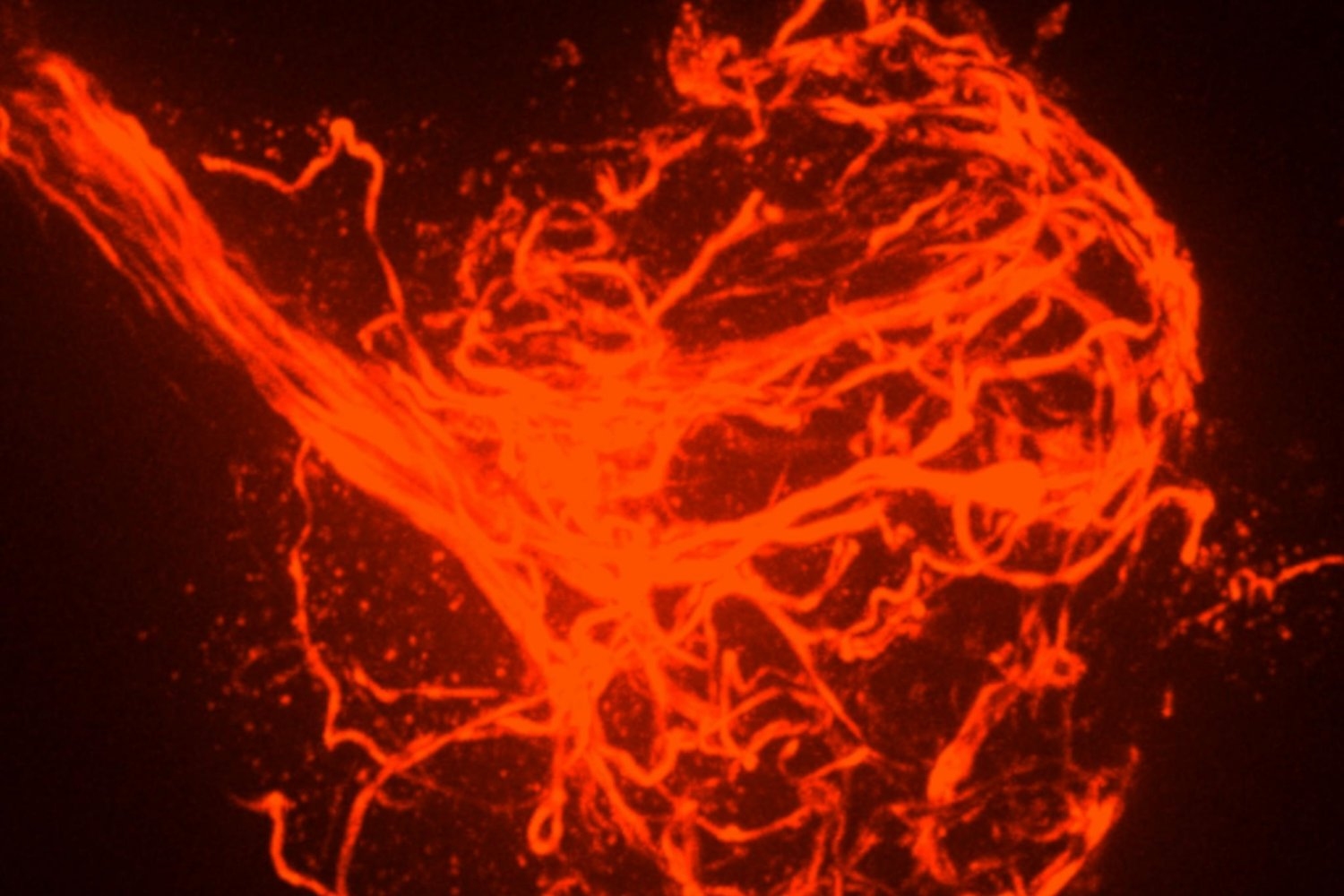It takes three to tango: transcription factors bind DNA, protein, and RNA
Whitehead Institute researchers find many transcription factors bind RNA, which fine-tunes their regulation of gene expression, suggesting new therapeutic opportunities.
Greta Friar | Whitehead Institute •
mit
July 17, 2023 • ~7 min
July 17, 2023 • ~7 min
MIT scientists build a system that can generate AI models for biology research
BioAutoMATED, an open-source, automated machine-learning platform, aims to help democratize artificial intelligence for research labs.
Alex Ouyang | Abdul Latif Jameel Clinic for Machine Learning in Health •
mit
July 6, 2023 • ~7 min
July 6, 2023 • ~7 min
Without a key extracellular protein, neuronal axons break and synaptic connections fall apart
Scientists find a protein common to flies and people is essential for supporting the structure of axons that neurons project to make circuit connections.
David Orenstein | The Picower Institute for Learning and Memory •
mit
June 23, 2023 • ~7 min
June 23, 2023 • ~7 min
/
51

